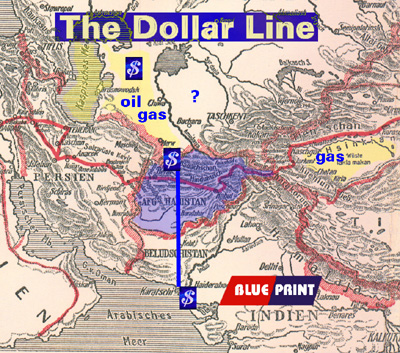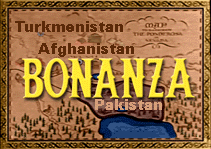


|
Total contributed to all candidates: |
$69,539,491 |
|
|
Total contributed to incumbents: |
$50,941,211 |
(73%) |
|
Total to Democratic Candidates: |
$20,559,028 |
(30%) |
|
Total to Republican Candidates: |
$48,801,059 |
(70%) |
|
Rank |
Candidate |
Amount |
|
1 |
Bush, George W (R) |
$1,892,706 |
|
2 |
Gramm, Phil (R-TX) |
$1,619,579 |
|
3 |
Hutchison, Kay Bailey (R-TX) |
$1,405,038 |
|
4 |
Nickles, Don (R-OK) |
$784,503 |
|
5 |
Dole, Bob (R) |
$778,565 |
|
6 |
Young, Don (R-AK) |
$692,023 |
|
7 |
Bush, George (R) |
$669,765 |
|
8 |
Barton, Joe L (R-TX) |
$637,642 |
|
9 |
Inhofe, James M (R-OK) |
$609,555 |
|
10 |
Breaux, John B (D-LA) |
$446,970 |
|
|